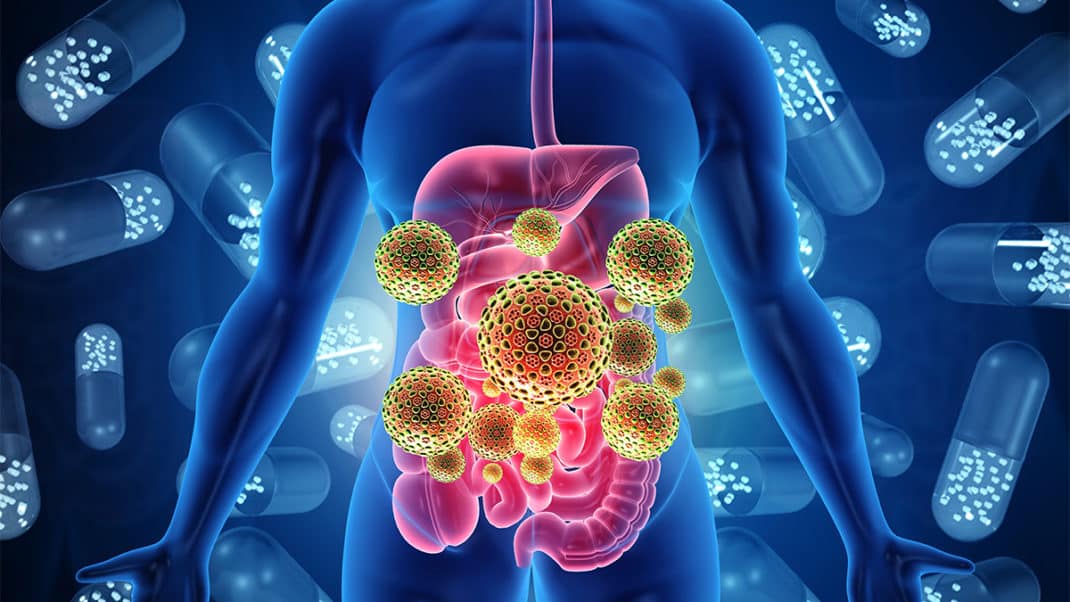Word of the Day: Trimethylamine N-Oxide (or TMAO)
Eating red meat could lead to a higher risk of heart disease.
| Earn 1 CEC - Take Quiz

Trimethylamine N-oxide is a metabolite in the body produced by bacterial metabolism in our gut microbiome. In humans, there’s a positive correlation between elevated plasma levels of TMAO and an increased risk for cardiovascular disease, partly owing to the activation of inflammatory pathways by TMAO. And it might be one reason why a daily hamburger habit could be bad news for heart health.
According to a study of Americans ages 65 and older who were followed over 26 years (and published in Arteriosclerosis, Thrombosis, and Vascular Biology), people who ate a lot of red meat had a heightened risk of heart disease and stroke. But the culprit was not determined to be elevated levels of blood cholesterol but instead traced back to higher levels of TMAO.
When certain bacteria in our digestive tract digest red meat various metabolites are released which then go on to produce TMAO in the liver. More research is needed before we are certain that diet-derived trimethylamine N-oxide is a driving force of poor heart health and if so, to determine how much red meat is too much.
See also: Retreat on Red Meat for Health?
Matthew Kadey, MS, RD
Matthew Kadey, MS, RD, is a James Beard Award–winning food journalist, dietitian and author of the cookbook Rocket Fuel: Power-Packed Food for Sport + Adventure (VeloPress 2016). He has written for dozens of magazines, including Runner’s World, Men’s Health, Shape, Men’s Fitness and Muscle and Fitness.





